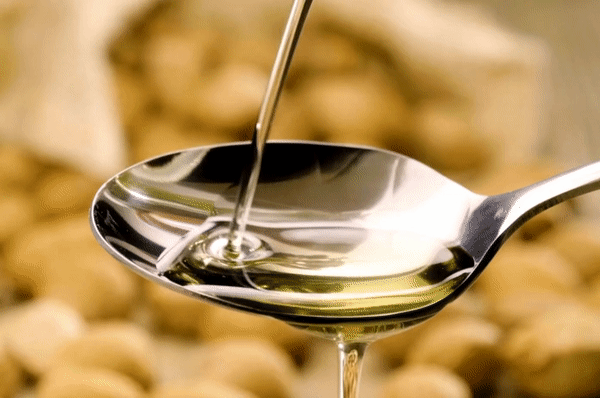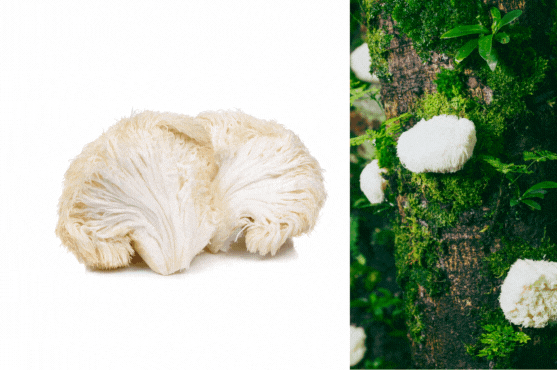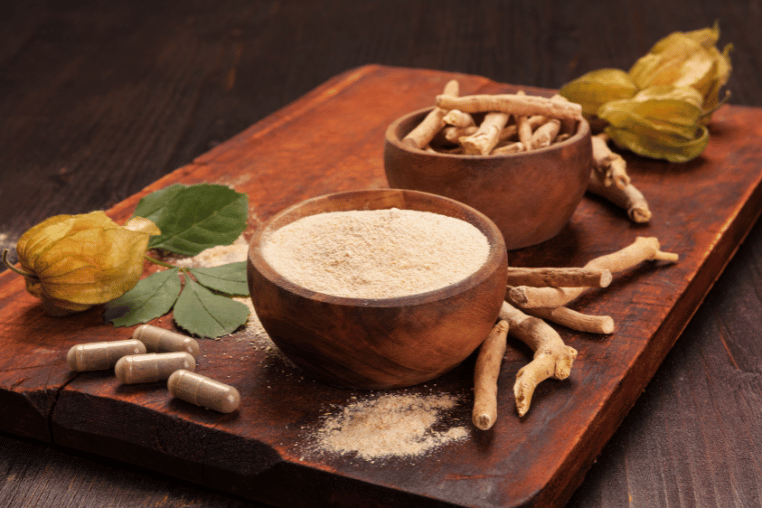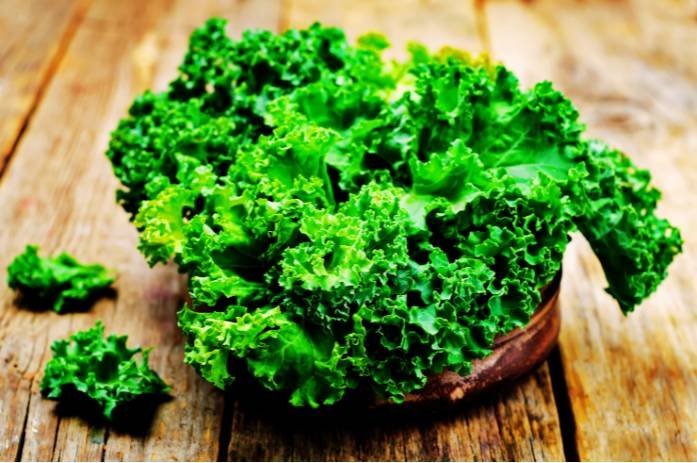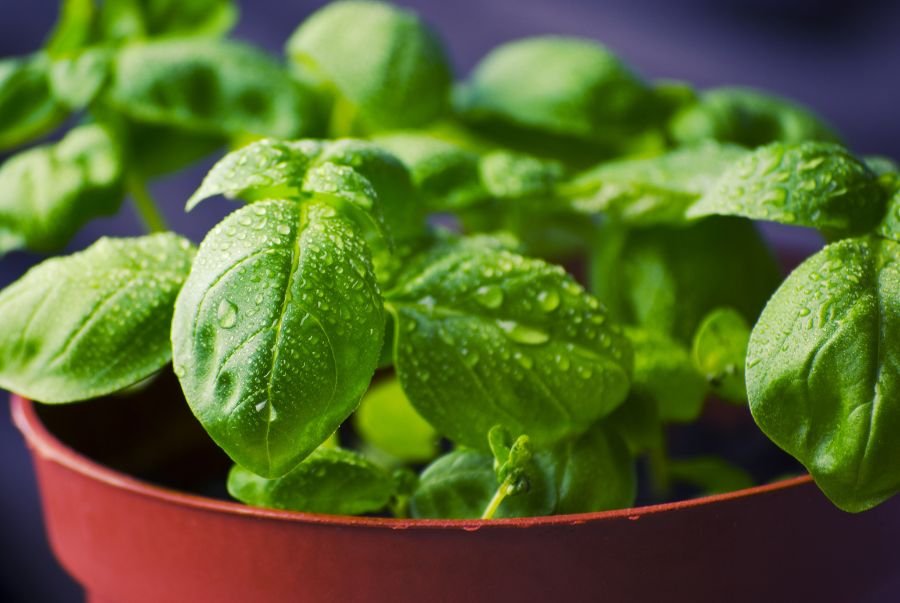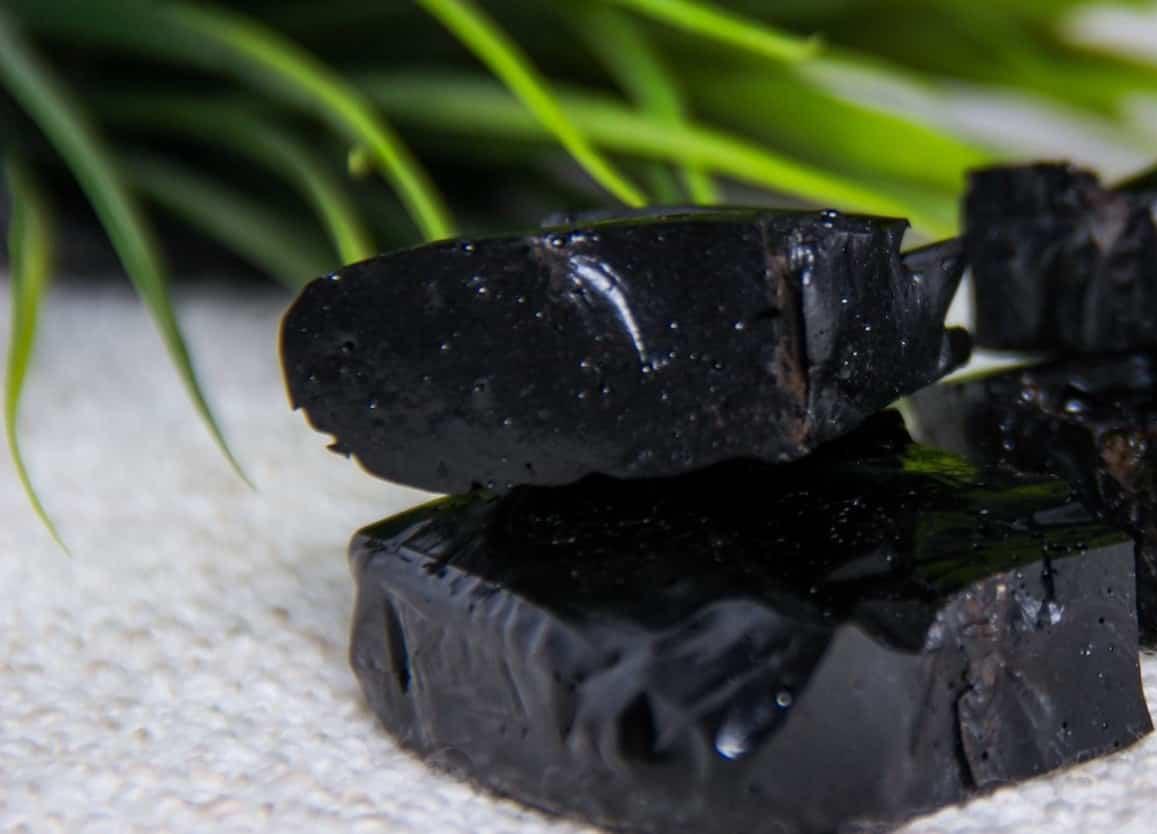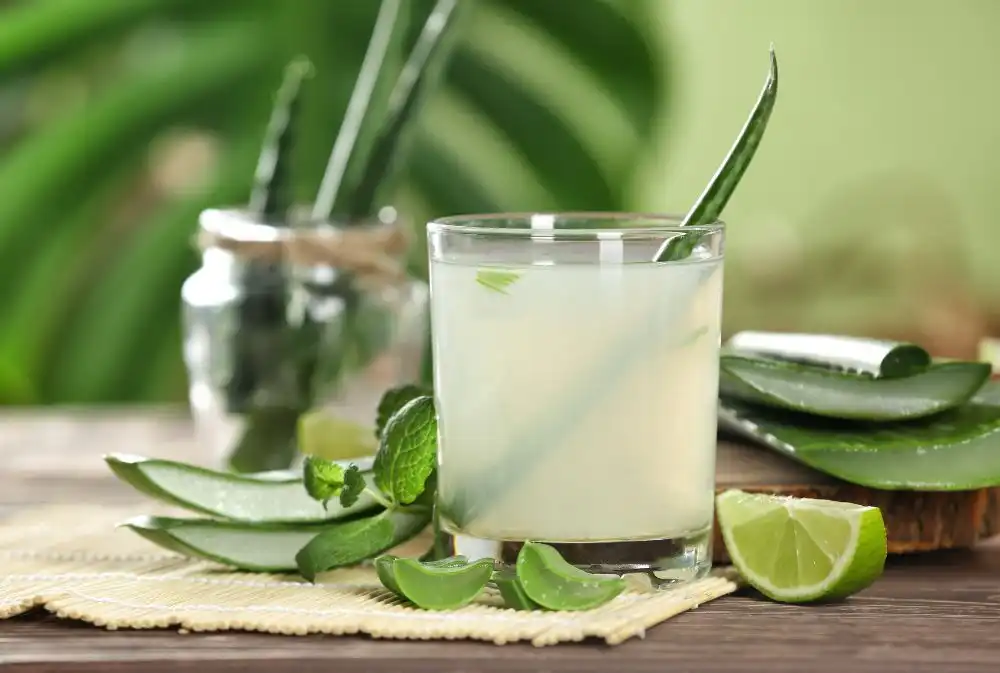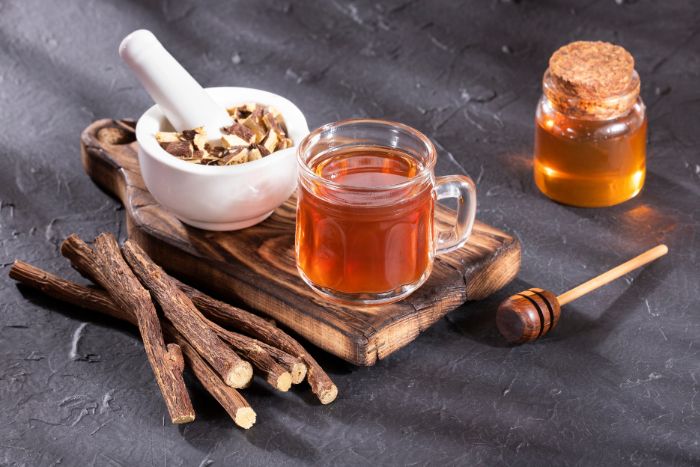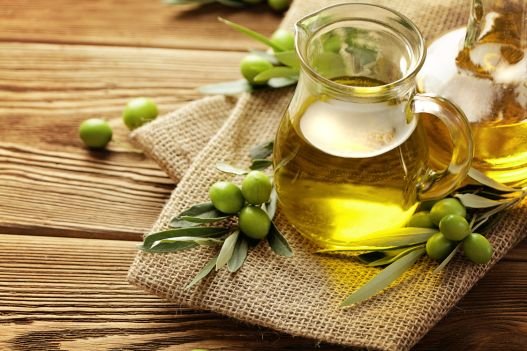
Professional Nutritionist
Plants have been used for medicinal purposes for centuries, and with good reason. Many plants contain compounds that have therapeutic properties, making them effective in treating a wide range of ailments. From traditional herbal remedies to modern pharmaceuticals, the use of plant medicine continues to play an important role in modern healthcare.
Aloe Vera
One of the most well-known plants with medicinal properties is Aloe Vera. Aloe vera has been used for centuries to treat burns and other skin conditions. The gel found in the leaves of the aloe vera plant contains antioxidants and anti-inflammatory compounds that can help to reduce swelling and redness, as well as promote healing.
Chamomile
Another plant with medicinal properties is Chamomile. Chamomile is commonly used to treat insomnia, anxiety, and digestive issues. The flowers of the chamomile plant contain flavonoids, which have been shown to have a calming effect on the body. Chamomile tea is a popular remedy for promoting relaxation and reducing stress.
Echinacea
Echinacea is another plant with medicinal properties that has gained popularity in recent years. Echinacea is commonly used to boost the immune system and fight off infections, particularly colds and flu. The root of the echinacea plant contains compounds that stimulate the production of white blood cells, which play a crucial role in fighting off infections.
Ginger
Ginger is a plant with medicinal properties that has been used for centuries to treat digestive issues. The root of the ginger plant contains compounds that can help to reduce nausea, bloating, and other digestive symptoms. Ginger tea is a popular remedy for promoting digestion and reducing inflammation.
Turmeric
Turmeric is another plant with medicinal properties that has gained popularity in recent years. Turmeric is commonly used to reduce inflammation and promote healing. The active compound in turmeric, curcumin, has been shown to have anti-inflammatory properties that can help to reduce pain and swelling in the body.
While these are just a few examples of plants with medicinal properties, there are countless other plants that have been used for centuries to treat a wide range of ailments. It’s important to note, however, that not all plants are safe for consumption and some can be toxic if ingested in large quantities. It’s important to consult with a healthcare provider or a qualified herbalist before using any plant-based remedies.
In recent years, there has been a growing interest in the use of plant medicine as an alternative to modern pharmaceuticals. While there is still much research to be done, there is mounting evidence to suggest that certain plant-based remedies can be just as effective as traditional medications, with fewer side effects.
In addition to their medicinal properties, plants also have many other benefits. They can help to purify the air, reduce stress, and promote a sense of calm and wellbeing. Adding plants to your home or workspace can help to create a more peaceful and relaxing environment.
The medicinal properties of plants have been recognized for centuries and continue to play an important role in modern healthcare even today and will be doing so in the coming future as well.













